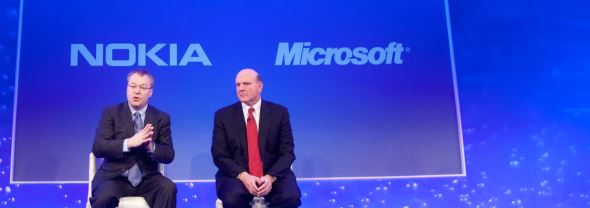Vodafone dodging taxes AGAIN

Vodafone seems to be trying to cheat its way out of paying UK tax once again. Margaret Hodge, Labour MP for Barking in London and head of the public accounts committee, has called for the HMRC to urgently take action to avoid British taxpayers losing out once more. After all, Vodafone are probably the most infamous mobile operator in the country when it comes to avoiding their tax liabilities.
It was only this summer that it was revealed that Vodafone have failed to pay anything into the public purse whatsoever for the last two years. This is despite the fact that their CEO, Vittorio Colao, got a pay packet of £10 million and that their market price is rising with shareholders being given dividends totalling millions of pounds due to their £3 billion profit.
Margaret Hodge is requesting that government official take action now because it has been reported that Vodafone are in the midst of a $130 billion deal to sell its stake in US telecoms company Verizon Wireless. The board have been in talks this week brokering the deal and have been taking advice from Goldman Sachs and UBS.
The deal comprises almost 50% of the value of Verizon and is set to bring back billions to the British economy. In fact, the amounts involved are so massive they are comparible to the artificial injections that form the Bank of England’s quantitative easing programme aimed at kickstarting the UK economy.
However, by rights Vodafone should be paying about $40bn in tax on the deal although insiders have suggested that they will use loopholes to reduce their payment eight-fold to only about $5 billion. The precise con they will be using is known under British law as the “substantial shareholdings exemption” and minimises the amount of capital gains tax that the UK public would usually benefit from. Of course, any UK shareholders expecting dividends from the sale will be paying tax on their income.
It appears that Vodafone’s plan is to process the sale though an overseas holding company so it does not have to pay as much tax in Britain. And it’s because of this that Hodge is getting involved and the deal is so controversial.
What do you make of this news? Is there a gap in the law that allows Vodafone to get away with this? How do you feel about them avoiding paying their taxes on a deal this big? And is Margaret Hodge correct in urging Treasury ministers to prevent Vodafone getting away with it?




Recent Comments